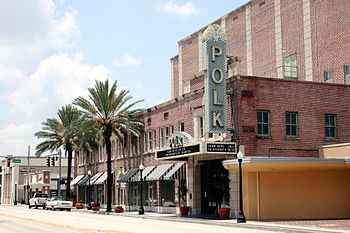A key problem in improving Internet access has been ensuring residents and local businesses have high quality services. One means of ensuring high quality is via competition – if people can switch away from their Internet Service Provider, the ISP has an incentive to provide better services. However, the high cost of building networks is a barrier for new ISPs to enter the market – limiting the number of options for communities. Open access provides a solution: multiple providers sharing the same physical network.
Publicly owned, open access networks can create a vibrant and innovative market for telecommunications services. Municipalities build the physical infrastructure (fiber-optic lines, wireless access points, etc.) and independent Internet Service Providers (ISPs) operate in a competitive market using the same physical network. In this competitive marketplace, ISPs compete for customers and have incentives to innovate rather than simply locking out competitors with a de facto monopoly. Continue reading







